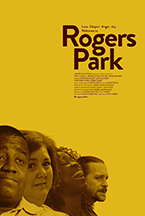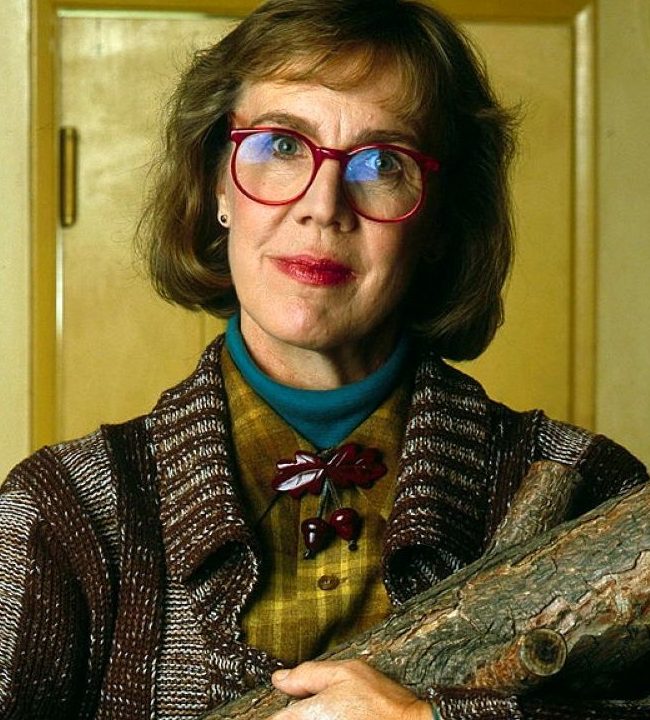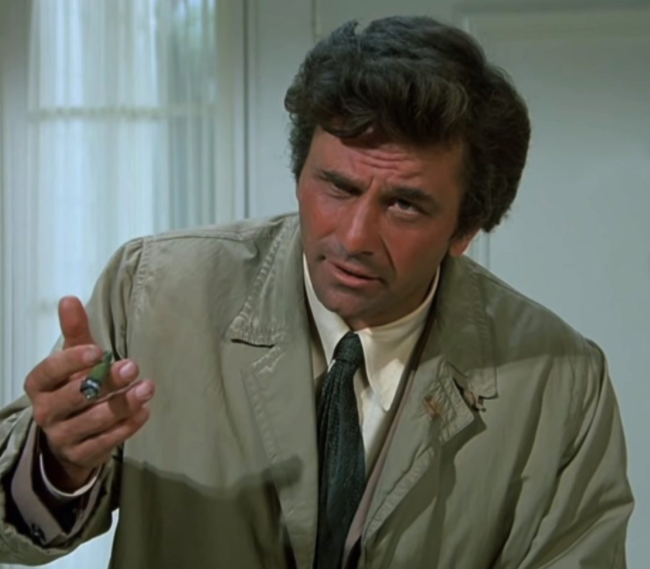
(Starring Jonny Mars (A Ghost Story), Antoine McKay (Empire, Sense8), Sara Sevigny, (Empire) and Christine Horn (Ray Donovan, American Crime Story), Rogers Park is the latest feature from Kyle Henry. It’s in select theaters now and starts in New York City Friday, April 27.)
There is something magical about the number four for director Kyle Henry and writer Carlos Treviño. Their narrative follow-up to Fourplay, an anthology of four short films that take place in four distinct cities, is Rogers Park, a film with four primary characters who weather the four distinct seasons in the titular far-north Chicago neighborhood.
Sure, Rogers Park is incredibly low-budget and lacks any marquee stars, but this is a film that deserves attention. Harkening back to the brutal, micro-budget realism of John Cassavetes, Rogers Park fixates on the emotional combustion inherent within relationships. The Sirkian melodrama may seem a bit heightened at times, but Rogers Park is meticulously designed to be an uncomfortable viewing experience, because the themes are oh so familiar.
Henry’s film begins as Grace (Sara Sevigny) and Zeke (Antoine McKay) celebrate their 10th wedding anniversary. Their success of being married ten years is revealed to be fake and superficial. Like many long-term relationships, their romance has dried up in lieu of perpetual financial challenges. Grace’s job may earn her plenty of accolades, but it does not pay well. All the while, Zeke’s real estate income is inconsistent. (Not that I support gentrification, but Rogers Park’s avoidance thus far of gentrification definitely handcuffs Zeke’s ability to make substantial “bank.”) Unfortunately, Zeke’s career also makes him more susceptible to poor financial investments, which he chooses without Grace’s knowledge.
Chris (Jonny Mars), Grace’s brother, also finds himself in a romance-less, long-term relationship with his live-in girlfriend Deena (Christine Horn). Chris is haunted by depression and a floundering writing career; Deena is satisfied by her job, but cheats on Chris to achieve sexual satisfaction. It is quite interesting that Deena is the most stable and likeable character in Rogers Park, yet she is the sole adulterer of the quadruplet.
Meanwhile, Grace and Chris are really struggling to reconcile their drastically differing ways of handling the death of their abusive father. Grace is armed with a daggering passive-aggression that is cleverly disguised by her cheery demeanor, while Chris is trying to be more honest and forthcoming in his emotions (sometimes to a fault).
Taking a step back from the bitter and jaded minutia of their relentless borage of disagreements, Rogers Park is broadly about the malaise of relationships. Now in their 40s, the four protagonists are frustrated that they have not achieved their career and/or relationship goals – that seems to be the root of their unhappiness, which they subsequently take out on each other. Lack of communication – more specifically, secrets – adds to their boiling discontent.
Henry’s raw portrayal of the emotional complexity and fragility of relationships is remarkably difficult to watch. The confrontations are explosive as the four protagonists fight tenaciously. The characters are impulsively self-destructive, riddled by pent up anger and frustration. Sans hyperbole, Rogers Park features some of the most intense social situations in cinema, with remarkably frank discussions of sex (or lack thereof). This is a film propagated by tumultuous tempers, blistering blame, and harrowing hatred. Blood boils, tears flow, and emotional pressure cookers combust. Words are like knives, better yet, machetes. These are familial and romantic characters who truly detest each other – at least during particular moments in time. Emotions are like a pendulum, swinging from one extreme to the other.
The rich sociopolitical tapestry found within Rogers Park exemplifies the diversity of the titular neighborhood. While both couples are interracial, race in no way plays a part in their discontent. In fact, race is never an issue, it is never a topic of conversation, making Henry’s film remarkably and admirably colorblind.
– Don Simpson (@thatdonsimpson)











